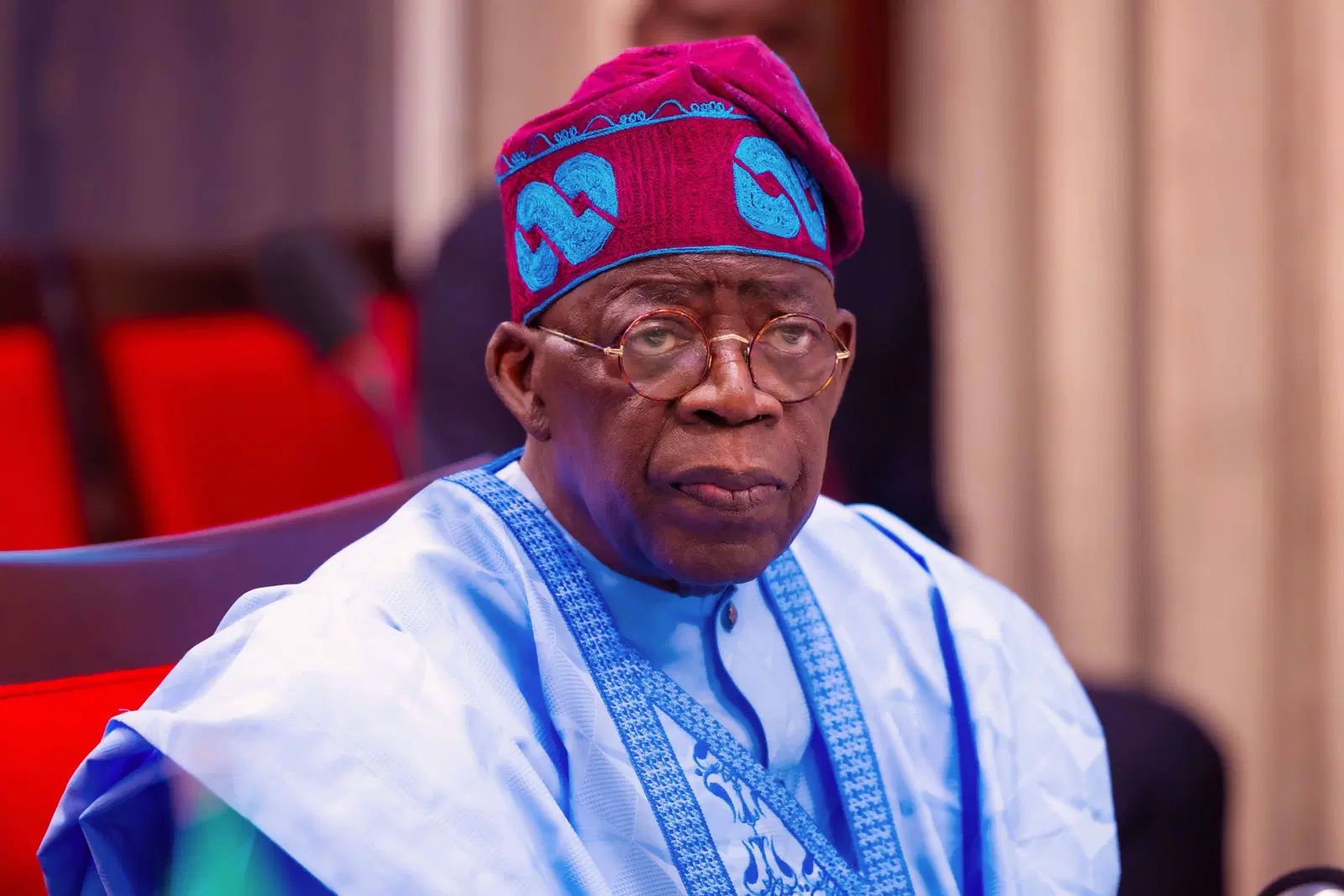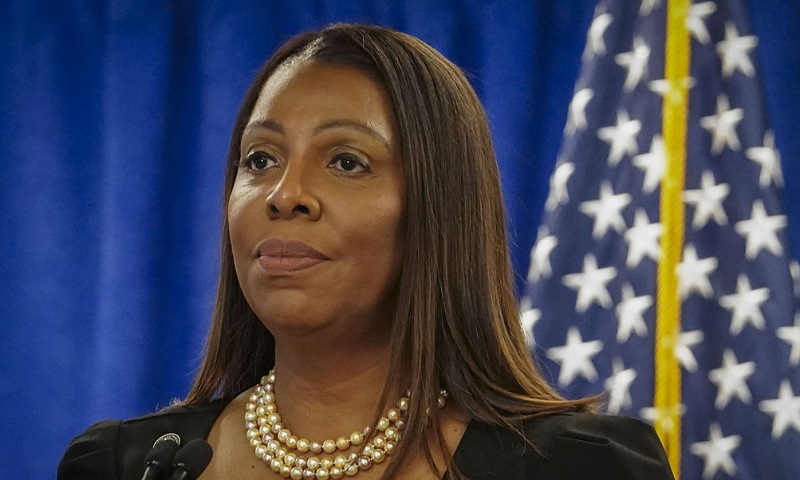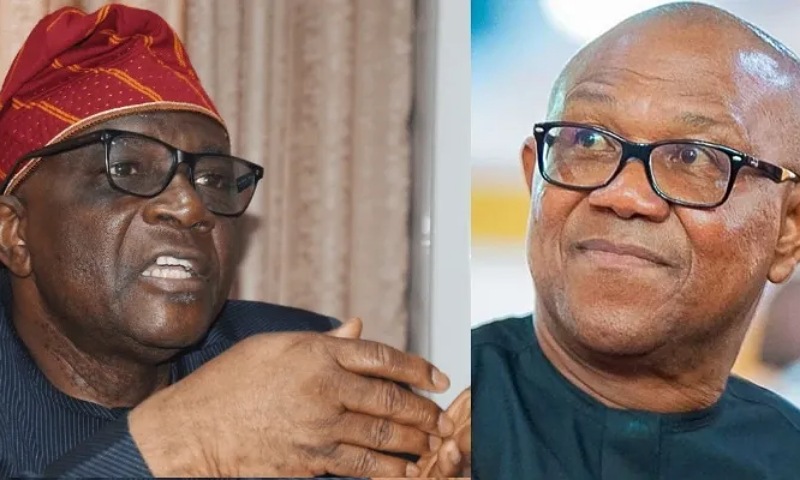The Federal Government of Nigeria has firmly denied allegations of religious genocide in the country. In a statement released recently, the Ministry of Foreign Affairs said reports claiming targeted killings of Christians are misleading and politically motivated. It emphasized that Nigeria remains a secular and multi-religious nation committed to protecting all citizens, regardless of faith or ethnicity.
Moreover, officials asserted that many violent incidents, including insurgency and banditry, occur in northern Nigeria. However, they clarified, those incidents do not target Christians specifically. Instead, they said violence affects people of different faiths indiscriminately. The government urged media, civil society, and foreign governments to avoid sensationalizing these events.
Government’s Security Measures and Response
President Bola Ahmed Tinubu’s administration highlighted several steps it is taking to address insecurity. First, it has expanded the deployment of security forces in violence-prone regions. Secondly, it strengthened intelligence efforts and improved coordination between state and federal security agencies. Also, it launched community engagement programs aimed at fostering peace among diverse faith and ethnic groups.
Furthermore, the government established a Ministry of Livestock Development and appointed a Special Adviser for Livestock Reforms. These moves aim to reduce pastoral-farmer conflicts that often inflame violence. The administration insists these conflicts arise from resource competition and weak infrastructure, not religion.
Reaction to Foreign Reports and Congressional Hearings
Internationally, some U.S. Congress hearings and reports by religious leaders claimed Nigeria failed to protect Christian communities and appeared biased in its response to violence. The government dismissed many of those claims as inaccurate and unfair. It claimed that the testimonies given oversimplified security challenges and that statistics cited in some reports lacked context.
In addition, government officials expressed concern that foreign narratives risk pushing Nigeria into a “Country of Particular Concern” designation over religious freedom violations. They warned that such designations, based on unverified claims, could harm the nation’s reputation and exacerbate religious tensions domestically.
The Importance of Accurate Information
Officials repeatedly cautioned against misinformation. They argued that irresponsible media coverage and misleading social media posts can stoke divisions. They called on journalists, religious groups, and civil society to verify data before publicizing claims about religious persecution.
Also, they encouraged dialogue over confrontation. In their view, many communities want solutions rather than blame. Therefore, the government said it would be more constructive for all parties to work together on root issues like poverty, inequality, and weak security rather than fueling religious narratives that might polarize society.
Conclusion
While Nigeria faces serious and ongoing security challenges, the federal government insists religious genocide does not reflect reality. It demands that accusations of targeted killing of Christians be judged against verified evidence. Meanwhile, public trust and peace depend heavily on honesty, transparency, and good faith. As international and domestic voices continue to raise concerns, the accuracy of reports and the sincerity of responses will prove vital for Nigeria’s unity and constitutional commitment to religious freedom.
Bonus Read: Governor Fubara Dissolves Rivers State Pensions Board in First Major Move




One thought on “FG Rejects Claims of Religious Genocide, Accuses Misinformation Campaign”